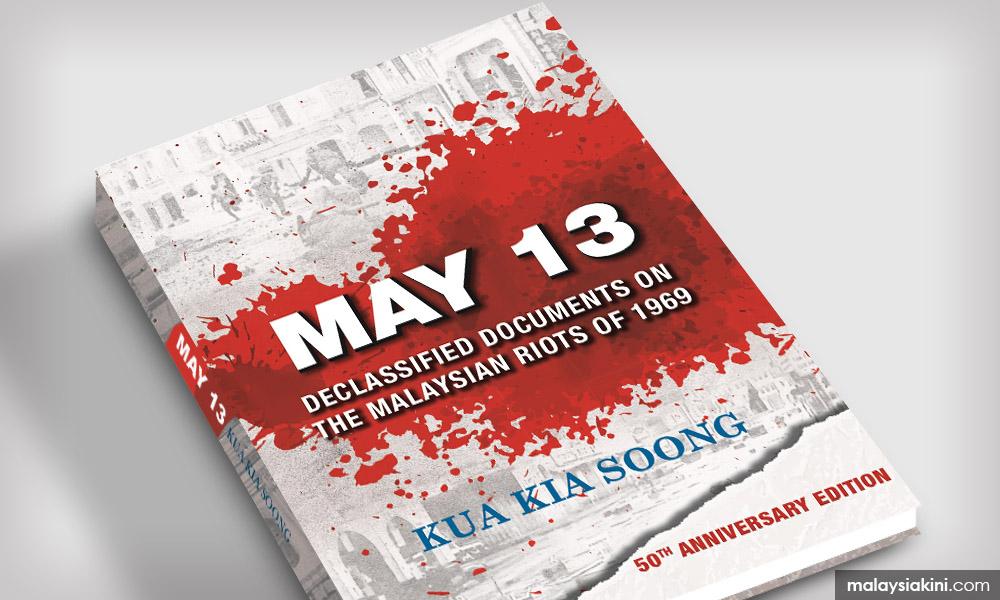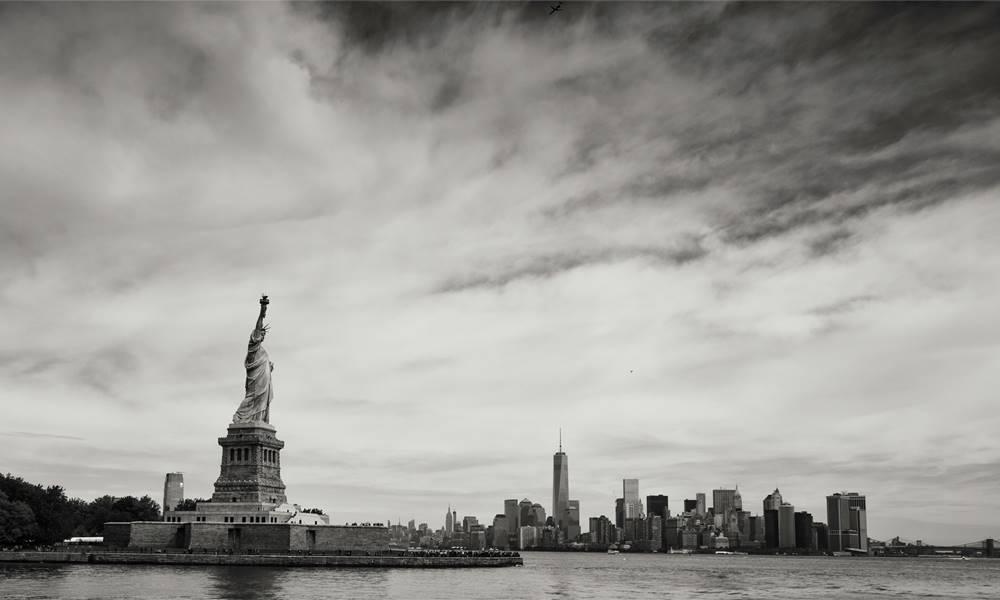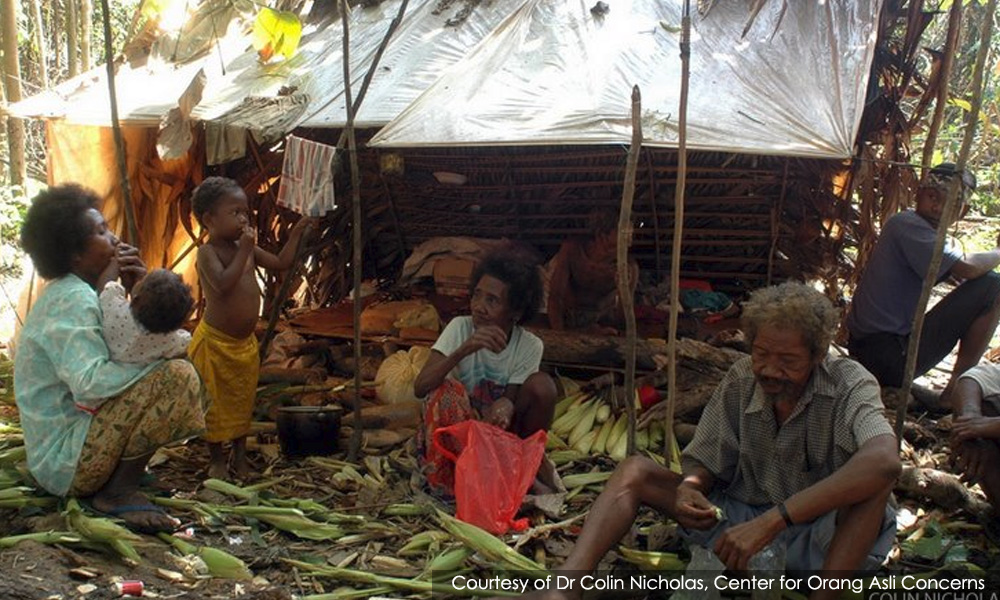COMMENT | “If what you have been trying to do is not working, try something else.” This is a key principle in life in that "if you always do what you've always done, then you'll always get what you've always got".
On this 50th anniversary of the Rukun Negara, the supposed "National Principles" declared on Merdeka Day, 1970, in response to the traumatic May 13th incident that had taken place just a year preceding that, we have to ask if those "principles" have worked all these years, namely:
- Is the nation more united than it was at independence in 1957?
- Have we eradicated racism and racial discrimination from our national institutions?
- Have we safeguarded and preserved our forests and the livelihood of our indigenous peoples?
- Have we succeeded in sharing the nation’s wealth among all our peoples and especially the working class and marginalised, since independence?
- From the interminable uncouth squabbles and name-calling in every parliamentary session, are we a “polite nation that observes decorum”? Really?
The catastrophic Covid-19 pandemic is a huge wake-up call for us to ponder what "national principles" are best suited to Malaysia for seriously addressing the major challenges of today, not least of which is reframing our future as a regenerative, resilient one that creatively and cooperatively overcomes the impact of climate change that is staring at us in the face.
Before we consider the more appropriate principles for Rukun Negara 2.0, let us first look at how Rukun Negara 1.0 came about and why it should be supplanted by a new Rukun Negara 2.0:
Rukun Negara was never passed by Parliament
The formulation of the principles of the Rukun Negara was the effort of the National Consultative Council (Majlis Perundingan Negara or Mapen) which incorporated a few non-Malay academics. It is important to bear in mind that the country at the time was under the emergency rule of the National Operations Council (NOC), announced on May 15, 1969, and it was not until 1971 that the Malaysian Parliament was restored. The attempt at fostering harmony and unity among the various communities in Malaysia in 1970 was certainly laudable although there was no attempt at legitimising these supposed “national principles” once Parliament had been restored in 1971.

In other words, rather surprisingly, these “national principles” have never been legislated by a democratically elected government. Not only that, but the views of representative organisations of all ethnic communities were also not sought nor taken into consideration. Likewise, the ill-fated “National Cultural Policy” of 1971 which also incorporated a token number of non-Malay academics, has never been accepted by all the ethnic communities in the country to the present day.
Rukun Negara is not inclusive of a secular democracy
When we look at the first principle of the Rukun Negara itself – belief in God – we realise that it is not only contrary to the secular principle of the Malaysian constitution, it excludes all Malaysians who do not believe in a monotheistic God. They include Buddhists, Hindus, Taoists, ancestor worshippers and animists among many Malaysian Chinese and Indians as well as most of our indigenous peoples in East and West Malaysia. Yes, our spiritually diverse world has always included pantheists (who do not believe in a distinct anthropomorphic god), and atheists (who do not believe in any god or gods) besides monotheists.
The Tunku, "Bapa Malaysia" and Malaysia’s eminent jurist, Suffian Mohamed Hasim have always maintained the fact that Malaysia is a secular state. A secular state, as practised across the globe as well as in the Malaysian constitution, operates on the principle of inclusivity that grants religious freedom to all citizens."Belief in God" is not found in our secular Federal Constitution. It is not found in the constitution of the biggest Christian nation, the US nor in the constitution of the biggest Islamic nation, Indonesia, not to mention the two biggest populations in the world, China and India. Thus, surely any supposed “national principle” must be consistent with the spirit and letter of our Federal Constitution?
It is time to revisit our “national principles” in order to ensure that they are inclusive of all regions, religions and belief systems; humanistic and based on science, reason and the rule of law; sensitive to preserving Malaysian nature and a regenerative economy; committed to equality, social justice and democracy in order to make ours a better world for all Malaysians. In my humble opinion, a new Rukun Negara 2.0 for Malaysia would contain these important principles:
‘We the people’ and democracy
To take an example, the US Constitution is short and concise, stressing that their nation is defined and formed by its people and what it stands for:
"We the People […] in Order to form a more perfect Union, establish Justice, insure domestic Tranquility, provide for the common defence, promote the general Welfare, and secure the Blessings of Liberty to ourselves and our Posterity, do ordain and establish this Constitution [...]"

Although largely a Christian nation, the preamble to the US Constitution makes no reference to "belief in God". Apart from serving as an executive summary, it merely sets the stage for how the new government defined by the constitution will establish justice and secure the blessings of Liberty. Thus, their preamble is secular, and the first three words are perhaps the most important: “We the People […]”
Perhaps India is a better comparison since it was a former colony like ours. The preamble to the constitution of India makes its secularism explicit:
“We, the people of India, having solemnly resolved to constitute India into a sovereign socialist secular democratic republic and to secure to all its citizens […]”
As the US constitution, there is no insistence on “belief in God” in the constitution of India, which is mainly a Hindu nation.
Civil, political, economic and social justice
"We the people" comes before profit, and in turn from the unfettered capitalism that we have witnessed since independence with huge costs to the people and the environment. The sacrifices and hard work of our health workers and food providers during this Covid-19 pandemic highlights the importance of appreciating the value of labour. In truth, capitalist accumulation was already problematic before the pandemic. The evident inequalities revealed by the pandemic demonstrate how the “trickle-down” effect remains a tired and over-used neo-liberal myth peddled by vested elites without any evident basis.
Equality of status and opportunity
After 63 years of independence and 49 years of the New Economic Policy, it is surely time for the country to legislate an Equality Act and to convert the Human Rights Commission into one that incorporates equality. If the last sixty over years have failed to show our policymakers, this pandemic and the ensuing economic crisis have conclusively shown that racism and racial discrimination have no place in our public policies. Just as the virus makes no distinction between diverse people all over the world, the nature of policy responses has thus far been colour blind and must continue to be so far beyond crisis scenarios.
Liberty of thought, expression and belief
Suaram’s annual human rights reports read like an annual litany of complaints about the violations of the freedom of thought and expression in our country. It is therefore appropriate that Rukunegara 2.0 should uphold liberty of thought, expression, and belief. After all, the United Nations' Declaration of Human Rights does not permit any limitations whatsoever on the freedom of thought and conscience or on the freedom to have or adopt a religion or belief of one's choice. Everyone has the right to freedom of opinion and expression; this right includes freedom to hold opinions without state interference.
Promote fraternity among all our peoples and dignity of the individual
To ensure a prosperous and peaceful society, we need to promote fraternity among our peoples, especially to bridge the urban/rural divide, the marginalisation of our indigenous peoples and the B40 community who live on the edge of society.

Promotion of fraternity is necessary for our diverse society to overcome discrimination and misunderstanding.
Guided by science and rationality
How much reflection have we done during this lockdown to ensure that our country bounces forward in a new resolve to drawdown from the climate crisis we face? The depletion of our food supplies during the pandemic has highlighted the desperate need for a national agricultural policy to promote regenerative agriculture for self-sufficient food security. The environmental improvements we have witnessed because of the global lockdown provide a wake-up call for all of us to cut emissions to meet our obligations to the Paris Accord for the benefit of future generations. Regulations must now be in place to ensure that corporations adhere to new seriously green and circular policies.
We cannot go back to ‘business as usual’
The above is a rough sketch of how a new Rukun Negara 2.0 could be updated especially to meet the challenge of the economic recession and climate change. To do this we need a new political, economic and social paradigm that is not based on race. We must put "social justice, equity" at the heart of our national agenda.
Income inequality must be tackled through progressive income tax, corporate tax and carbon tax and good high-wage jobs created in the renewable industries. We need more investments in public infrastructure, housing, transport and industry and provision of training for workers in well-paid unionised jobs. Priority should be placed on public investments rather than allow our public land and resources to be at the disposal of private developers, timber, and plantation interests.
Our commons belong to the people and must be preserved, reinstated instead of being carved up for the pleasure of the rich and tourists. The pandemic has shown unmistakably, the importance of good public healthcare, education, housing and childcare system. It has also shown the need for unemployment benefits and other social safety nets in the event of such a crisis.
"We the people" have demonstrated the capacity of people everywhere to come together for mutual aid and solidarity. Above all, a new Rukun Negara 2.0 must first have the input and feedback from the broadest spectrum and organisations of the Malaysian peoples.
KUA KIA SOONG is Suaram advisor.
The views expressed here are those of the author/contributor and do not necessarily represent the views of Malaysiakini.

